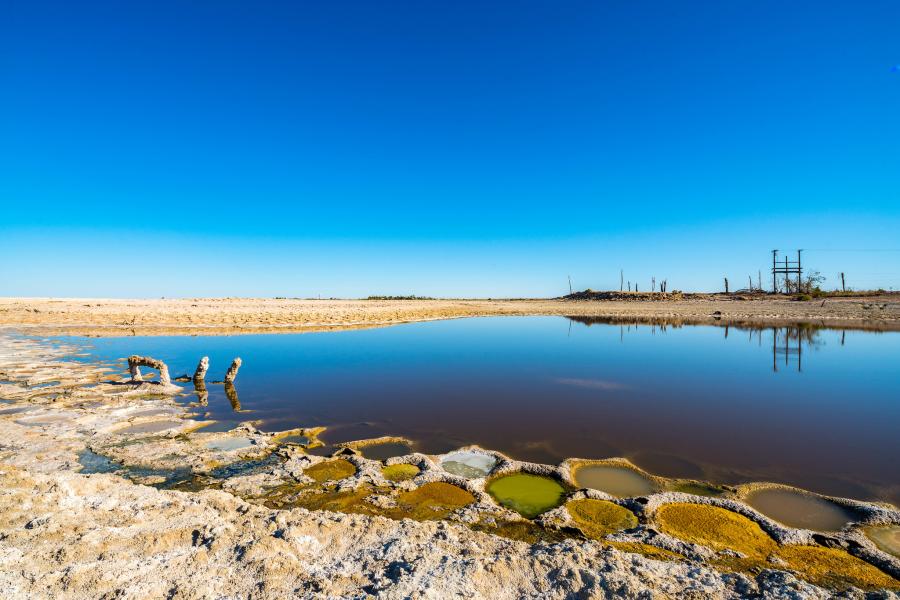
FOR IMMEDIATE RELEASE
Sept.9, 2016
CONTACT
Tribes Lose Dakota Access Pipeline Decision – Win on Federal Front
Today, the U.S. District Court for the District of Columbia issued a ruling denying the Standing Rock Sioux Tribe’s request for a preliminary injunction to stop construction of the Dakota Access Pipeline. However, immediately following the release of the Court’s decision, the Departments of Justice, Army, and Interior released a joint statement indicating that construction of the pipeline on Army Corps land bordering or under Lake Oahe will not go forward until the Army Corp can determine whether it will need to reconsider important issues raised by the Standing Rock Sioux Tribe and other tribal nations.
The Departments also indicated that this case has raised a need for serious discussion on whether national reform is necessary to ensure full consideration of tribal views in these types of infrastructure projects.
NCAI President Brain Cladoosby made a statement on today’s court ruling and joint statement:
“We as Native people have endured many battles and we still remain. Despite the setback in court today, I’m encouraged by the decision of the Departments of Justice, Army, and Interior to halt construction of the pipeline near Standing Rock’s waters and sacred places, in accordance with its trust responsibility to tribal nations. What I’ve seen in my two visits to Standing Rock is the transformative power Indian Country has when we stand together and speak with one voice to protect our waters, our lands, and our sacred places for future generations. No decision from any court can take away the power of our prayers, our songs, and the collective voice of our peoples. NCAI and all of Indian Country will continue to Stand with Standing Rock.”
Departments of Justice, Army, and Interior Joint Statement
For more information, please visit NCAI’s website or contact Colby Duren, Staff Attorney & Legislative Counsel, at cduren@ncai.org.
###
About The National Congress of American Indians:
Founded in 1944, the National Congress of American Indians is the oldest, largest and most representative American Indian and Alaska Native organization in the country. NCAI advocates on behalf of tribal governments and communities, promoting strong tribal-federal government-to-government policies, and promoting a better understanding among the general public regarding American Indian and Alaska Native governments, people and rights. For more information visit www.ncai.org.
Photo: Sacred Stone Camp. Joe Brusky/ Flickr.


